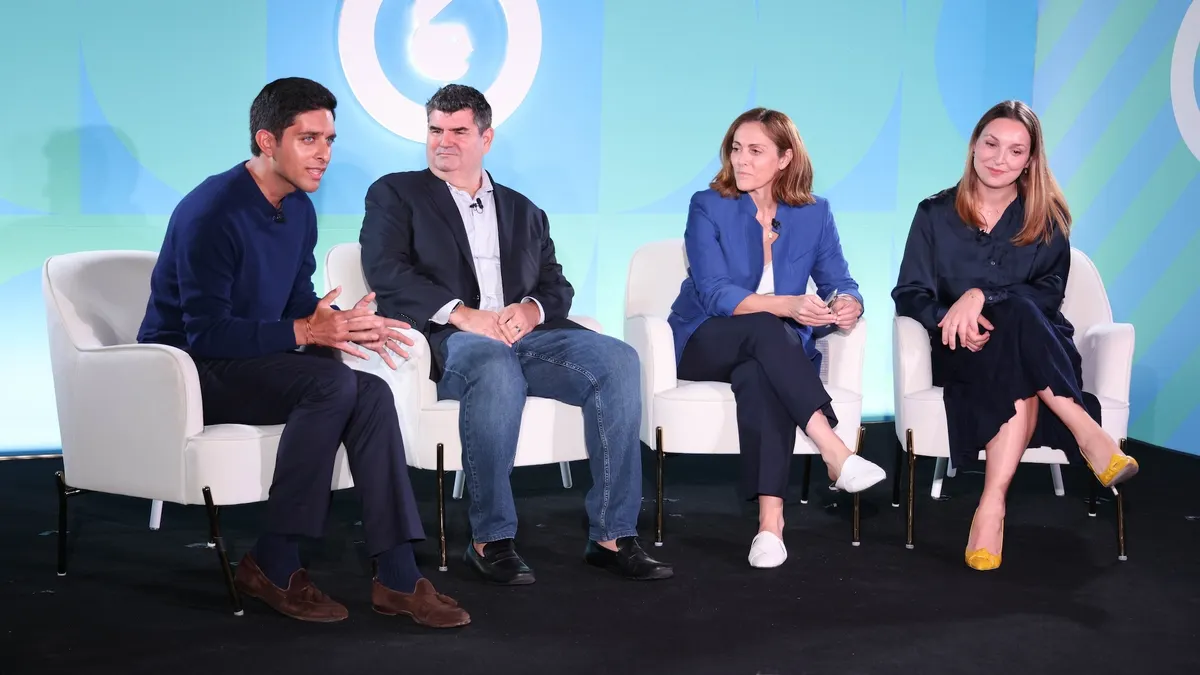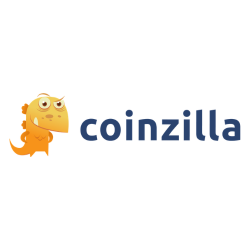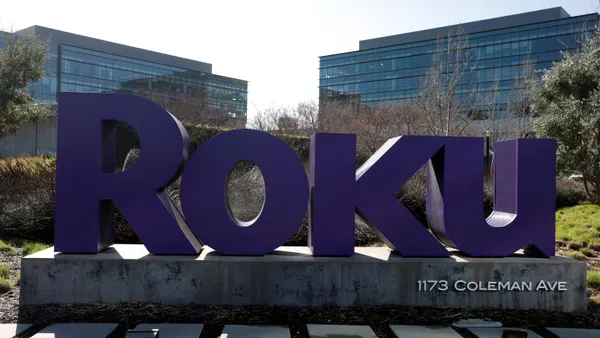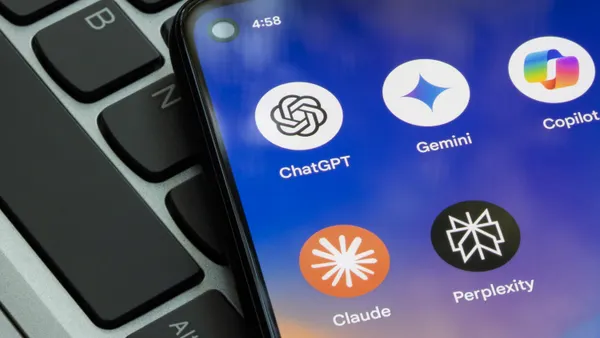NEW YORK — Hyundai is taking a more conversational approach to its marketing in order to keep up with the proliferation of artificial intelligence (AI). This comes as the industry experiences major disruptions to search-based marketing in favor of AI-driven search, according to an executive from Canvas Worldwide, the auto manufacturer's media agency of record, who spoke during an Advertising Week New York panel on Monday.
“Our main goal is to rethink how we are approaching consumers. It's less about search distribution, it's more about search engagement,” said Greg Johns, chief product officer and executive vice president, Canvas Worldwide.
Johns, who took the place of Hyundai Motors America CMO Sean Gilpin on the panel, was joined by Costanza Ghelfi, chief product officer at Making Science, and Marta Martinez, managing director Americas, Google marketing platform at Google. The panel was moderated by Nikhil Lai, senior analyst, Forrester and introduced by Jason Downie, chief revenue officer, AI technology, Making Science.
High consideration, high stakes
The roll out of AI search and AI mode on Google has led to an increase in “zero click searches,” where consumers may not click on a link at all. Sixty-five percent of U.S. searches are now clickless, according to Ghelfi. As consumers get more familiar with using AI tools for search, they are abandoning keywords in favor of natural language prompts. This means search is becoming a lot more specific and a lot more conversational, according to panelists.
A car is typically a “high consideration” purchase, meaning consumers tend to do a lot of research before making a decision. Word of mouth is a key factor for many automotive buyers, according to Johns. Prior to the rapid expansion of AI search, marketers didn’t really have the ability to participate in those personal, word-of-mouth conversations. AI opens that door for marketers because consumers are talking to AI the same way they talk to friends.
“We have the ability, through AI and how consumers are starting to really become trusting of it, to engage that offline conversation we aren't visible to. All of a sudden, we're going to be a part of that,” said Johns.
While conversational AI-driven search may lead to less traffic to Hyundai’s website overall, it will lead to a more informed and engaged consumer, according to Johns. Software such as Ad Machina from Making Science, allows brands to find the right AI conversation for them. The idea is to enable brands to engage with consumers in a fashion akin to talking with a friend, similar to how many are already using the technology.
The end of simplicity
The simplicity of search marketing is one of the big reasons it grew so quickly. The model was simple: marketers only paid if the consumer clicked. That’s all about to get a lot more complex, according to Johns. In order to be successful in this new search landscape, organizations are going to have to move beyond the silos present in their organization to make the most of the data available to them.
“We are moving away from this battlefield made of clicks and keywords, and we are getting into a totally new battleground made of conversations and influence. And in order to win this new battleground, we cannot work with the silos,” said Ghelfi.
As Google and other search platforms continue to roll out AI tools and consumers become more comfortable with AI technology, marketers are going to have to seriously rethink their search strategy.
“It's not even about just scaling technology. It's about changing the way you are going to approach consumers and operate your businesses,” said Johns. “So I think the number one thing everybody can do is just kind of think big about this, because it is big.”















